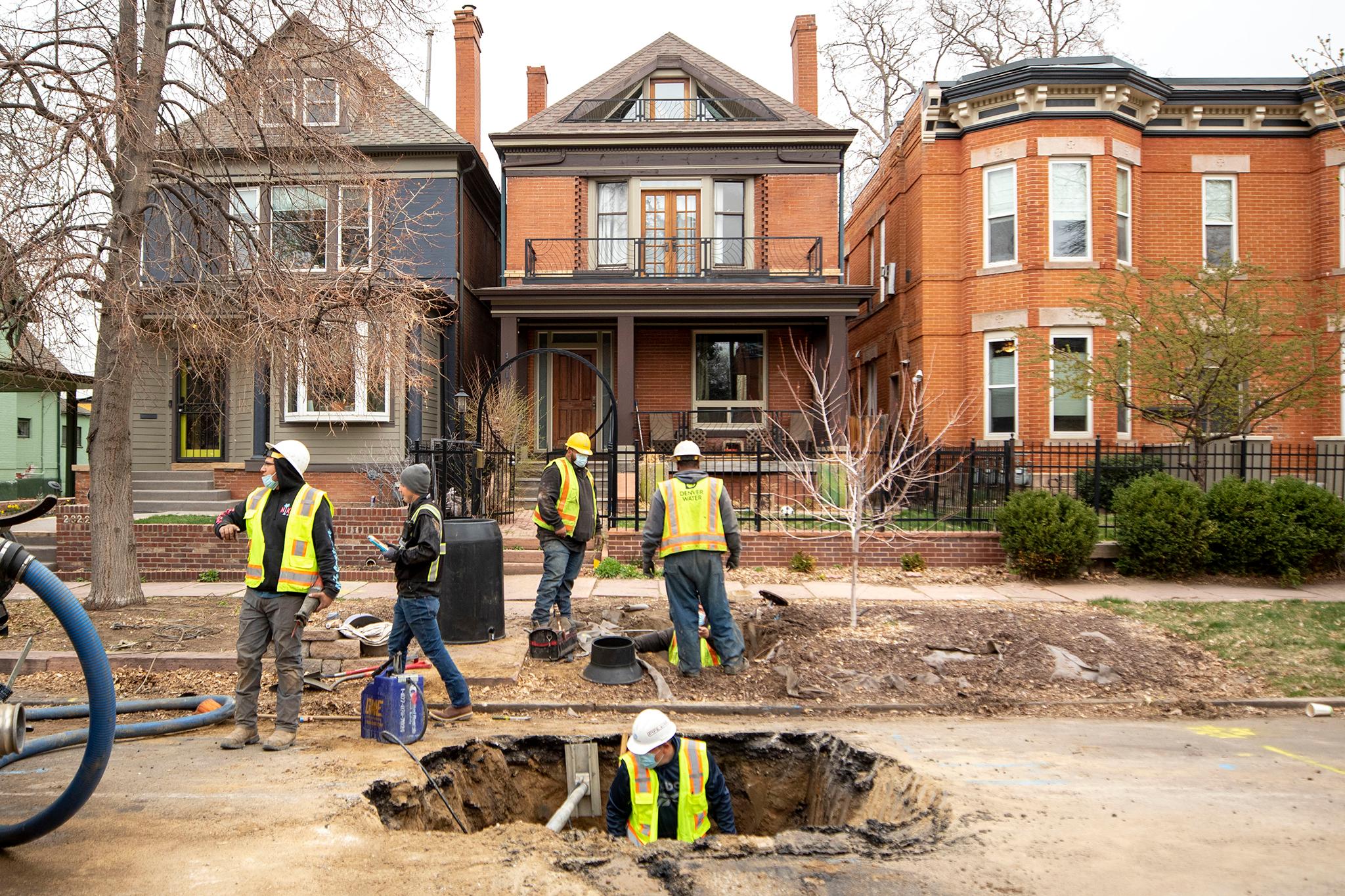Getting a Brita water filter sent to your home by the local water utility to sift out lead is probably not the best feeling. You might live in one of over 100,000 households around the city that Denver Water sent them to as part of its lead reduction program, which is meant to do exactly what it sounds like.
The much heavier lift by Denver Water includes replacing tons of lead pipes around the city with copper ones to reduce the chances of drinking water with lead in it. The massive undertaking will take 15 years.
Judging by the number of questions we've gotten about the lead reduction program, these things sound scary to some of you! Hopefully, this guide to what's going on with the city's drinking water and how Denver Water is trying to improve things is helpful. These answers were compiled from interviews with Denver Water spokesperson Jose Salas and Bruce Lanphear, a professor who specializes in environmental neurotoxins at Simon Fraser University in British Columbia.
Does my drinking water have lead in it?
It might.
To know for sure, you can request a free lead test from Denver Water. You can also plug your address into this map to see if the utility has confirmed or suspects that you have a lead service line.
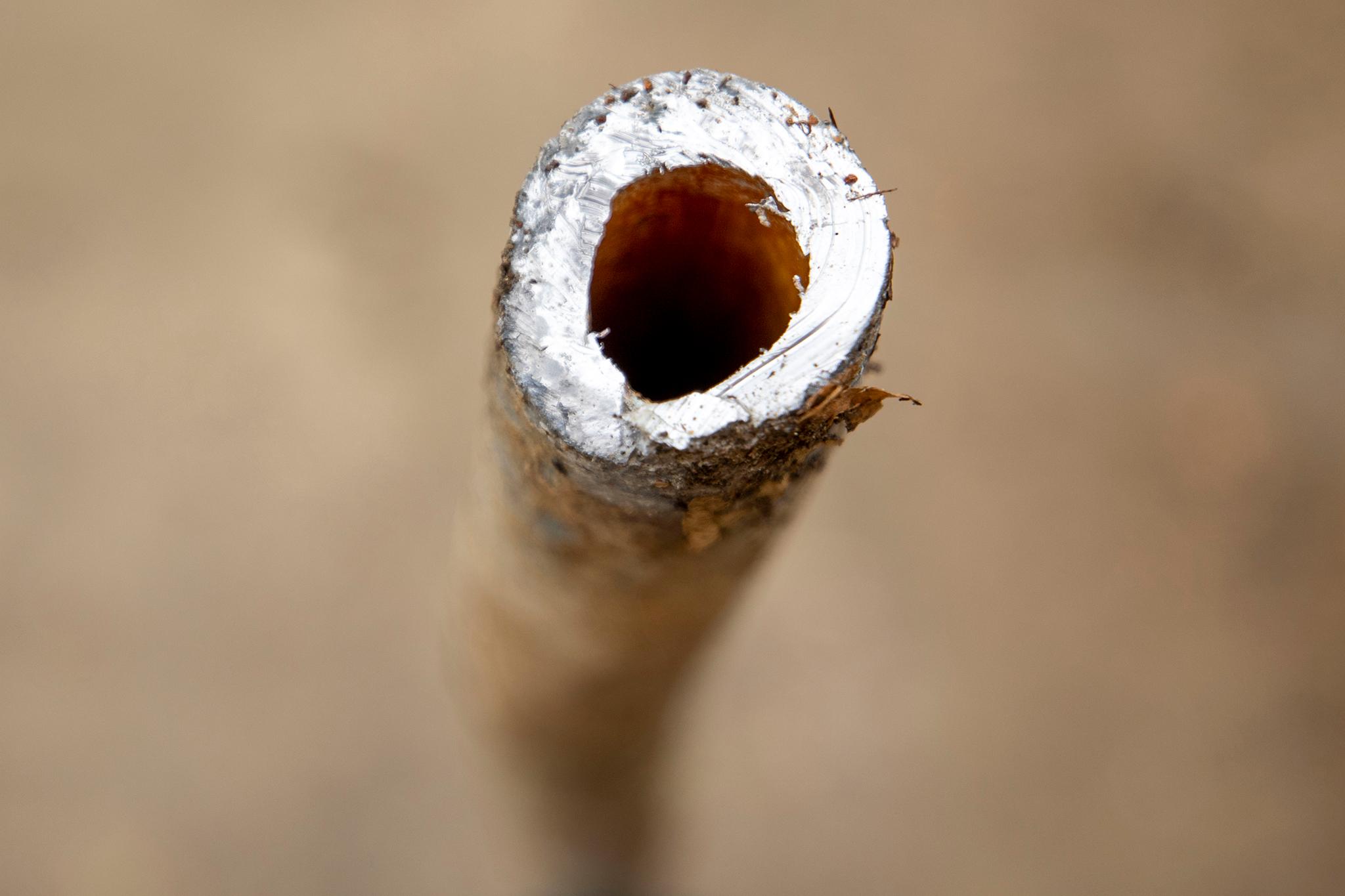
The city's water meets state and federal safety standards, but there's a reason Denver Water is handing out filters and replacing pipes.
According to Denver Water's 2020 water quality report, about 5 percent of homes in a sample size of 1,367 sites tested positive for lead at levels above 15 parts per billion. That's the threshold, established by the Environmental Protection Agency, that should trigger action. However, that threshold is not a health standard because there is no safe amount of lead, according to the EPA.
Lanphear tells Denverite that the EPA threshold is arbitrary and, ideally, nobody should be drinking water with more than 5 parts per billion of lead in the short term. He says the ultimate goal should be less than 1 ppb.
Why is lead bad?
High levels of exposure to the metal are linked to cognitive problems in kids and infants. It can lower their IQs, according to a 2016 report by the American Academy of Pediatrics.
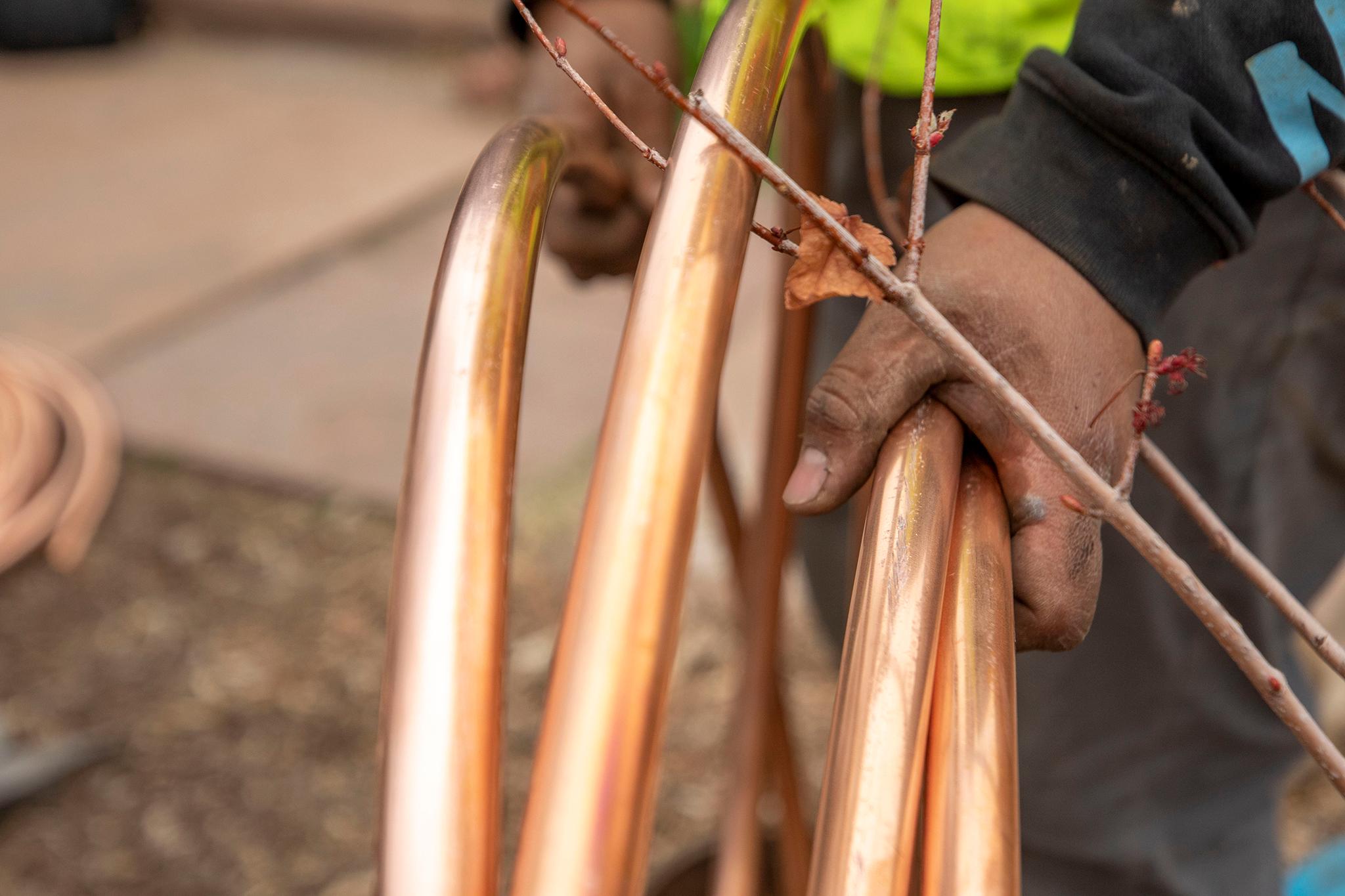
Pregnant women are at increased risk for miscarriage, and their babies' brains, kidneys and nervous systems can have problems, according to the Centers for Disease Control and Prevention.
Why is there lead in the water at all?
Denver Water is quick to relate that when the water leaves its facilities, it is free of lead and that the water mains - the huge, underground pipes that transport the water -- are also lead-free. But thousands of smaller pipes that connect the water mains to homes, called service lines, are still made of lead, meaning traces of the toxic metal can get into your drinking water.
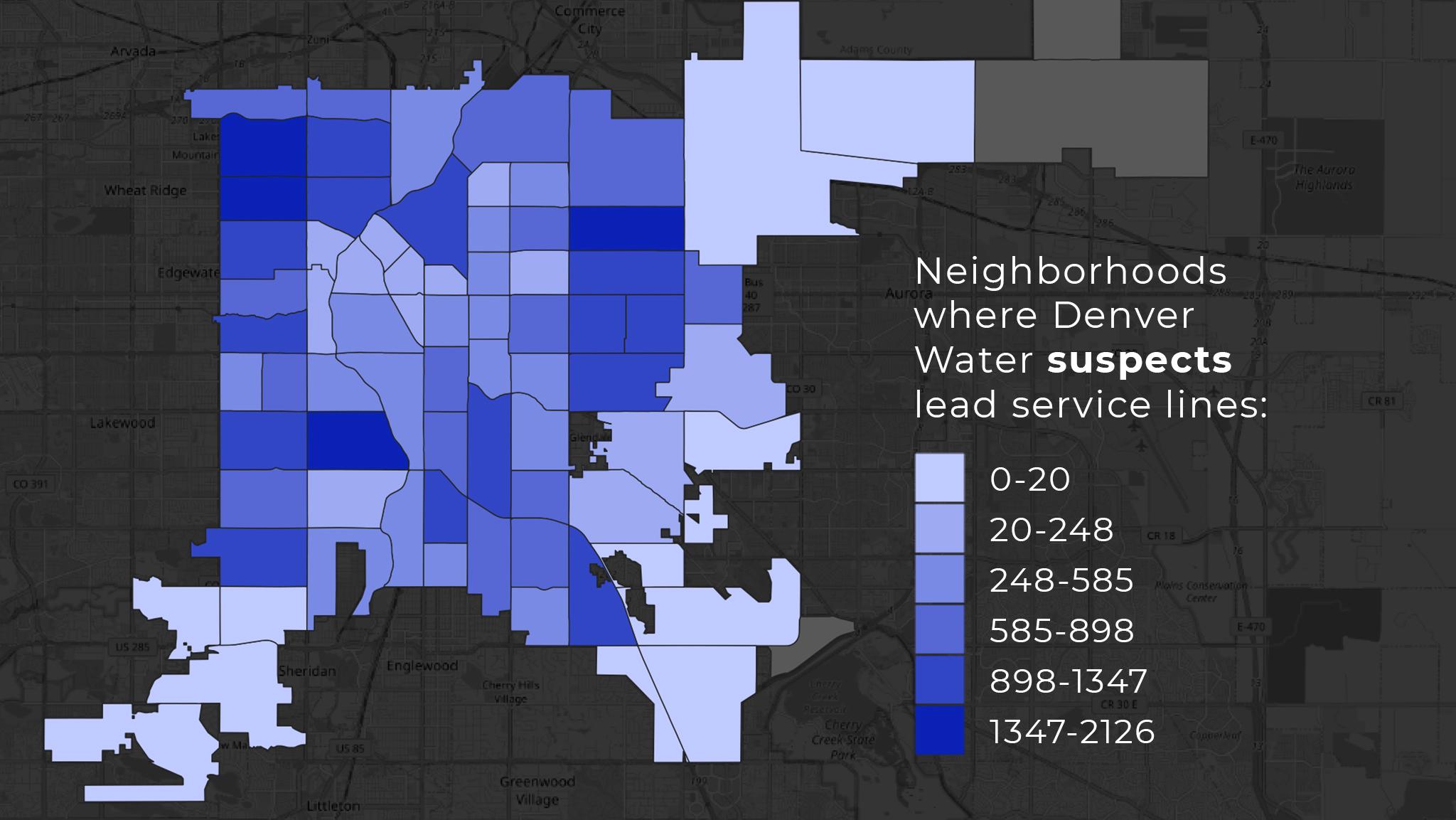
Property owners -- not the water utility -- own the service lines. Old household plumbing and faucets made before 2014 can also shed lead into the water.
What's being done about it?
A lot. Denver Water has a massive, 15-year program to get the lead out. First, the utility sent over 100,000 Brita pitchers and filters to households with possible lead service lines. Denver Water will provide replacement filters every six months until after your line is replaced.
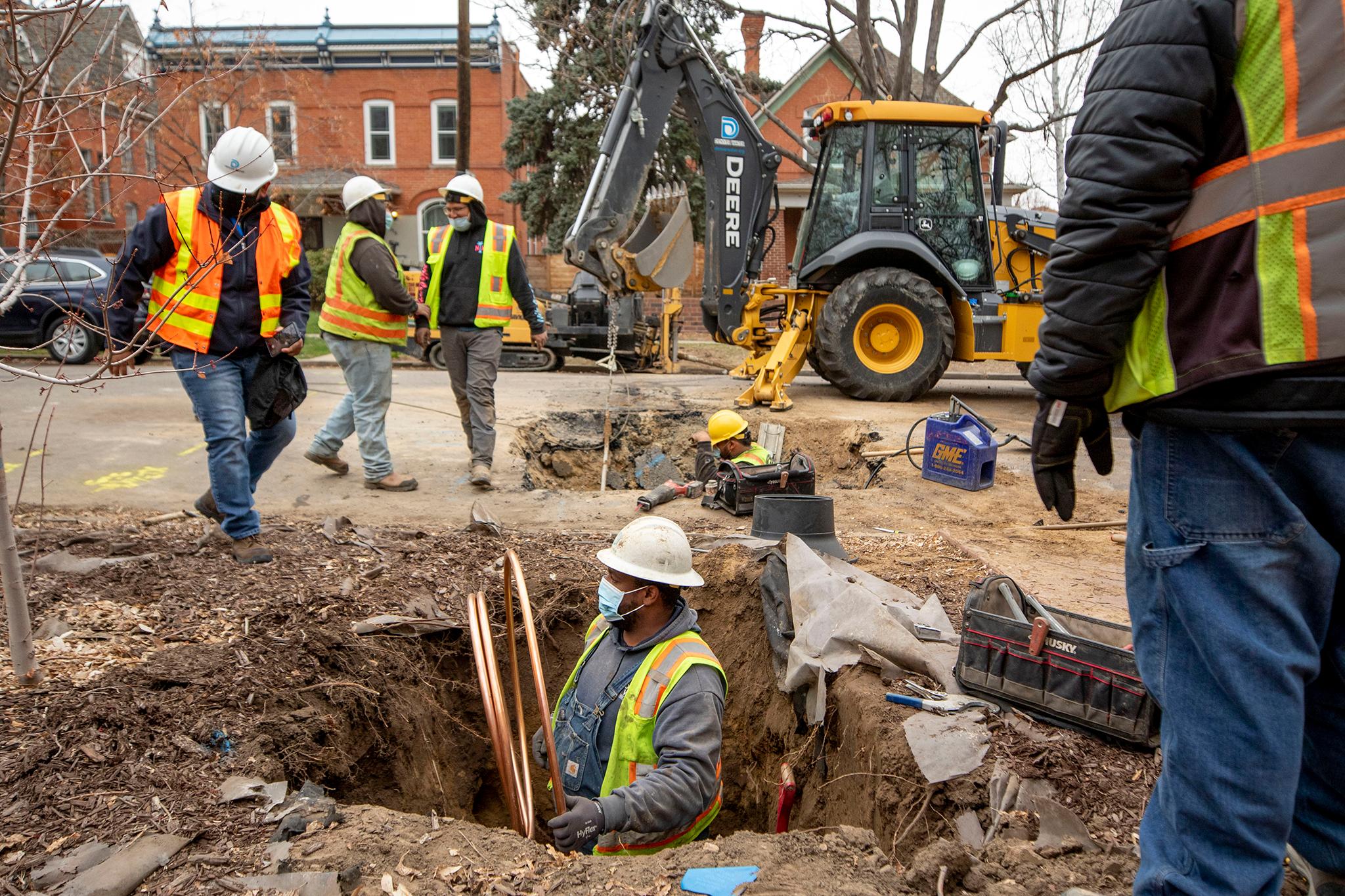
The utility also raised our water's pH levels to make the liquid less corrosive on pipes.
The heaviest lift is replacing up to 84,000 service lines around the city. Denver Water is in its second year of the 15-year plan. In its first year, the company replaced about 5,200 lines.
Water-drinkers (all of us) can keep up with the progress via this online dashboard.
How is Denver Water prioritizing the lead removal work?
Salas said the company is using an algorithm that accounts for the concentration of babies and children, who are most vulnerable to lead poisoning; the likelihood of lead pipes -- houses built before 1951 are the most likely to have them -- as well as historically underserved neighborhoods. Denver Water focused on schools and childcare centers last year.
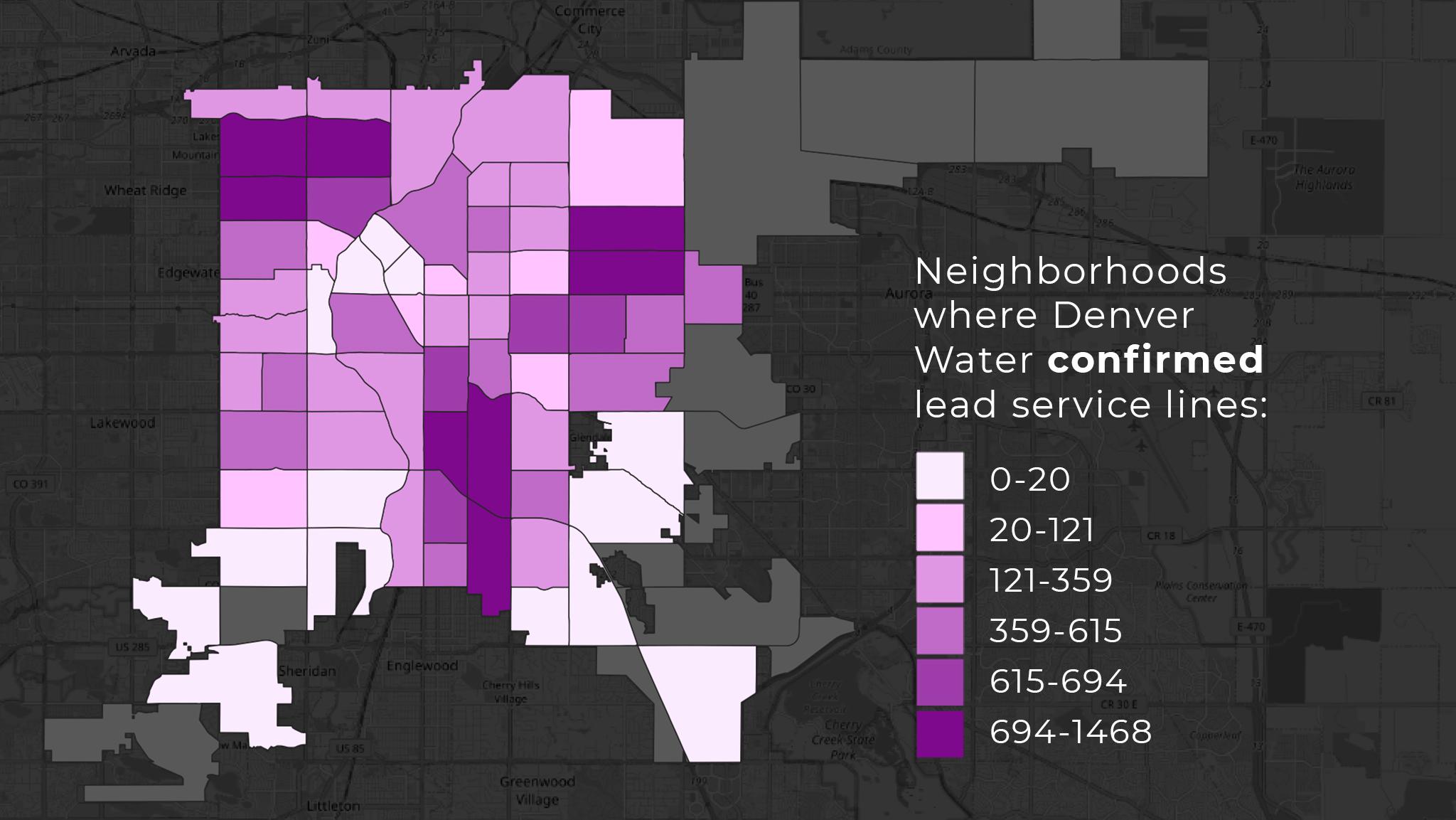
How do these efforts stack up against other cities?
Lanphear, who is critical of how local and national governments have handled lead in our water, said Denver is being pretty proactive.
But the fixes aren't random. Denver Water's plan, approved by the EPA, comes after a year of uncharacteristically high levels of lead in 2012 that exceeded the EPA threshold, which Lanphear considers arbitrary given that there is no safe level of lead for people to ingest.
What if my lead service line was already replaced?
Salas said partial replacements are possible, but "Denver Water crews will do their due diligence to ensure all customers in our system are taken care of and provide an opportunity to ensure that happens by verifying if their service lines were replaced correctly and fully."
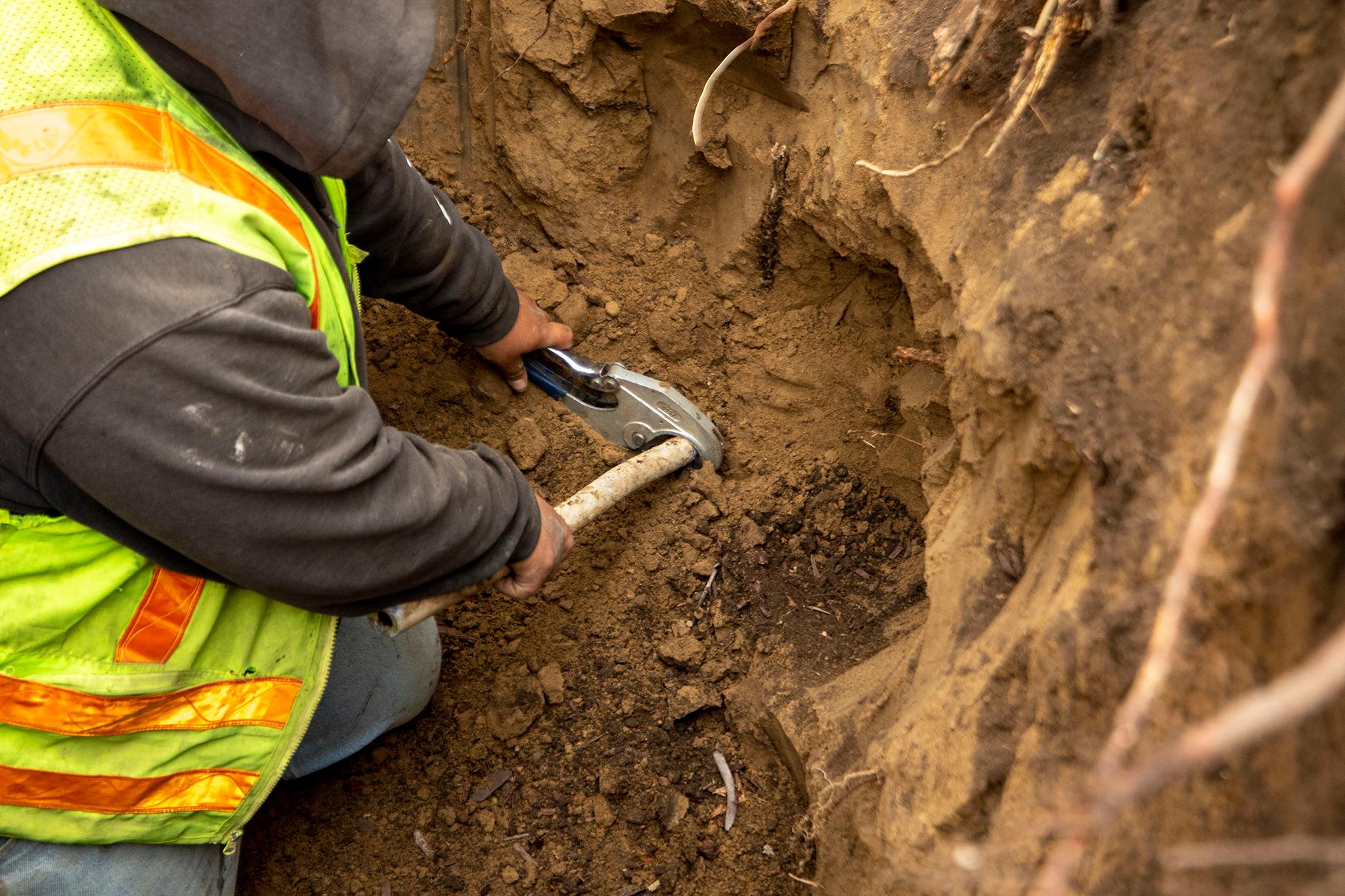
Will the digging ruin my garden or irrigation system?
Hopefully not! Salas said workers will leave people's yards as they found them. Crews may have to move water meters to do so or take a little longer to dig around tree roots, for example.
How much does this all cost, and how is it being paid for?
Denver Water spent about $7.4 million on Brita pitchers and filters in the first year, but the estimate for the entire lead reduction program is $580 million over 15 years.
The utility is paying for the program by selling bonds, but customers are paying for it is well via rate increases, tap sales and hydropower sales. Denver Water is keen to point out that replacing lead service lines would cost customers about $10,000 to replace, but customers will not be getting a $10,000 bill.
Should I stay hydrated?
Yes, this is Denver, and you are a mile high.
This article was updated to clarify that partial replacement of pipes are possible if property owners recently replaced the lead pipes themselves.

